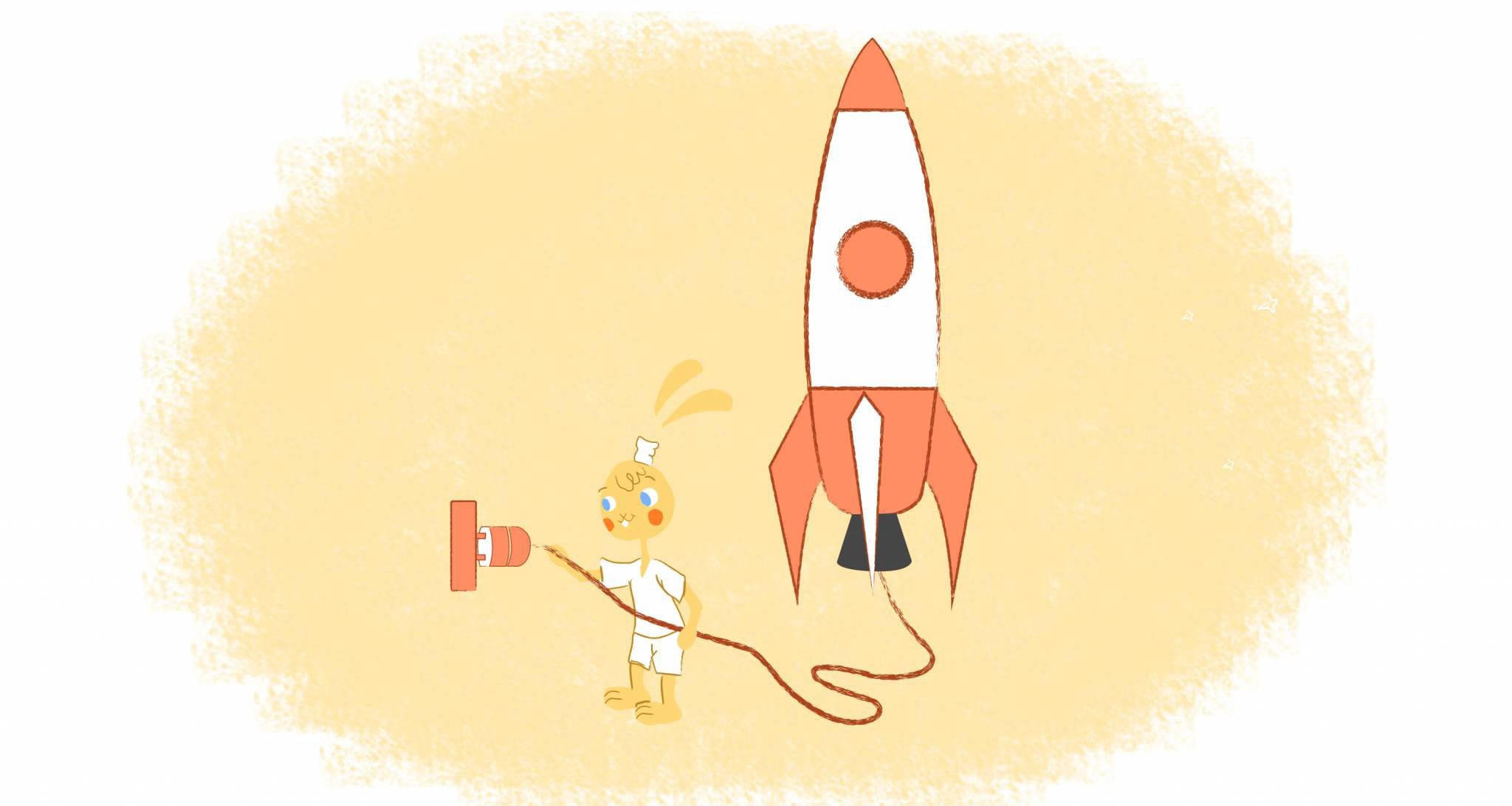

Are you having trouble keeping up with all the tasks, responsibilities, and stuff life throws your way? Are you drowning in a sea of physical and digital clutter? Don’t worry — you’re not alone. Although many of us struggle to maintain order in our lives, it is possible to achieve a sense of calm and control without completely overhauling our lives. Specifically, it’s about taking small, consistent steps and dedicating just 10 minutes a day.
With just 10 minutes of organization each day, you can improve your efficiency, lessen your stress, and ultimately lead a more fulfilling life. Are you ready to take the plunge? Here are ten simple strategies to transform your life, one 10-minute increment at a time.
1. The 10-Minute Declutter Dash: Conquer the Clutter Monster
The enemy of organization is clutter. It’s visually distracting, mentally draining, and a significant source of overwhelm. However, it’s essential to break it up into manageable chunks. Choose one area to focus on for the next 10 minutes and set a timer for 10 minutes. For example, an overflowing email inbox is a clutter; your issue could be your desk, kitchen counter, or drawer.
With a trash bag or recycling bin at your disposal, sort through items within your chosen zone. Get rid of anything you don’t need, use, or love. And put everything back in its designated place, including important papers.
By taking this daily 10-minute declutter dash, you can keep messes at bay. In addition, it creates a sense of accomplishment that drives further organization.
2. Tomorrow’s Blueprint: Plan Your Day, Conquer Your To-Do List
It can be paralyzing to wake up to a mountain of unknown tasks. Rather than finishing your day without planning for tomorrow, take 10 minutes before you do. Put together an orderly to-do list, ranked from most important to least important. Identify what you can accomplish in a day and set realistic goals. If necessary, prepare materials or resources.
By planning ahead, you can start your day with clarity, focus, and a sense of purpose instead of feeling overwhelmed or reactive.
3. Digital Detox: Tame Your Tech and Streamline Your Screen
As with our physical spaces, our digital lives can also be cluttered. Overflowing inboxes, messy desktops, and disorganized files can negatively affect productivity.
So, declutter your digital life for 10 minutes once a day — seriously, you can do this! To start, remove unnecessary icons and files from your desktop. Also, delete unwanted emails from your inbox and unsubscribe from unwanted newsletters. To make accessing your files easier, organize your files into folders.
Overall, an organized and clean digital space promotes efficiency and allows you to focus on your work without distractions.
4. The Evening Refresh: A Tidy Space for a Tranquil Mind
It is no secret that your environment directly impacts your mood and mindset. An untidy and chaotic space can amplify stress and make relaxing difficult. For instance, give yourself 10 minutes to tidy up before bed. Also, organize your living area, straighten pillows and blankets, and remove stray items.
A neat and tidy home sets the tone for a productive morning and contributes to a peaceful morning. I would never take off for work without making my bed or using the squeegee on the shower walls. Of course, when I was a kid, my mother would have called the school and had them send me home if my bed was not made, but that’s another story. Still, that bed-making habit has made a big difference in my life.
5. The Power of Routine: Structure for Success
Establishing a daily routine can reduce stress and improve organization. Each day, devote 10 minutes to planning and implementing routines that include meal prep, exercise, and self-care.
A structured schedule ensures that these important activities aren’t overlooked and creates a sense of control and predictability. This can be particularly helpful for those who struggle with organization.
6. Calendar Clarity: Mastering Your Schedule, Avoiding Chaos
An unmanaged schedule can result in missed appointments, double bookings, and feeling overwhelmed. Every day, review your calendar for 10 minutes. But be sure not to overbook yourself. Confirm upcoming appointments and plan tasks around existing commitments.
Staying on top of your schedule helps prevent last-minute surprises and allows you to manage your time effectively.
7. Financial Focus: Taking Control of Your Finances, One Step at a Time
Financial disorganization can often cause stress. Remember to take 10 minutes every day to address your finances. Check your bank account balance, review recent expenses, and pay any pending bills.
Even small steps can prevent late fees, overdraft charges, and the anxiety associated with financial uncertainty.
8. Self-Care Sanctuary: Nurturing Your Well-Being, Prioritizing Yourself
Organization goes beyond managing your belongings and tasks; it also includes managing your well-being. You should dedicate 10 minutes daily to self-care activities that help you relax, recharge, and de-stress. These activities could be as simple as listening to calming music or meditation or as complex as journaling or stretching.
Remember, a clear and focused mind is a must for effective organization.
9. A Place for Everything: The Foundation of Long-Term Order
If clutter is a problem for you, spend 10 minutes extra a day putting everything in its place — until you are caught up. Then keep it clean. To make your belongings more logical and easily accessible, you may need to purchase storage containers, label drawers, or simply reorganize them.
I know. The storage containers cost a boatload, and I did the cardboard box and shoebox thing for years and traded them out for the good stuff later. Another hint — don’t unload a whole closet onto the floor; you can never catch up. Just do one shelf at a time. If you have the containers, you can pull one shelf of stuff off the night before and put containers in place before you go to work in the morning. Then, no matter how long it takes, do not go to bed the next night until that shelf stuff is put away.
When everything has a designated home, tidying up is faster and easier, and items don’t get lost or misplaced.
10. Reflect and Refine: The Path to Continuous Improvement
Every day, take ten minutes to review your organizational strategies. Was there anything that worked well? Is there anything that can be improved? Are there any areas where your approach needs to be adjusted? Over time, small tweaks and adjustments can result in significant and lasting organizational improvements.
Conclusion
If you consistently invest 10 minutes each day in these organizational strategies, you’ll be amazed at how much difference it makes in your life. As a result, you’ll feel more in control, less stressed, and more productive.
Keep in mind that organization is more of a journey than a destination. Take small steps, be consistent, and enjoy the benefits of a more balanced and organized life.
FAQs
I’m overwhelmed and don’t know where to begin. What’s the first step?
You should start small. Taking on everything at once will only lead to failure. Try to focus on one area, such as a drawer or your email inbox. Before moving on to the next space, declutter and organize the one you are currently working on. By breaking it down into manageable portions, the process becomes less daunting.
How do I decide what to keep and what to get rid of?
You should ask yourself;
- Have I used this item in the past year?
- Is it something I love?
- What is the condition of the item? Is it damaged or broken beyond repair?
It’s probably time to let it go if you answer no to most of these questions.
Also, it is a good idea to follow the “one in, one out” rule when making new purchases.
What are some general organizing tips?
- Designated places. It is important for everything to have a designated home. By doing this, it becomes easier to put things away and find them again.
- Vertical space. By using shelves, drawers, and organizers, you can maximize storage.
- Categorize. Similar items should be grouped together. This will make it easier to find what you are looking for.
- Labels. Label drawers, containers, and shelves to keep track of what you have inside.
- Regular purges. Keep your home clutter-free by decluttering regularly to prevent it from accumulating again.
How can I organize digital files and data?
A similar set of principles applies to digital organization;
- Folder structure. Establish a logical and clear folder structure.
- Naming conventions. Be consistent in the naming of your files.
- Regular backups. You should regularly back up your data to prevent loss.
- Cloud storage. You can easily access and share files with cloud storage.
How do I stay organized in the long run?
It’s important to be consistent. Make organization a forefront of your daily life. Tidy up and put things back in their proper places each day. You should also regularly declutter your space and review how your process is going.
What if I have a busy schedule? How can I find time to organize?
It doesn’t matter how much time you have; even small amounts can make a difference. Each day, try to devote 10 minutes to a tiny area. Divide a large task into smaller, more manageable pieces. For example, when laundry is dry, put it away right then.
Image Credit: Pixabay; Pexels











Deanna Ritchie
Editor-in-Chief at Calendar. Former Editor-in-Chief and writer at Startup Grind. Freelance editor at Entrepreneur.com. Deanna loves to help build startups, and guide them to discover the business value of their online content and social media marketing.